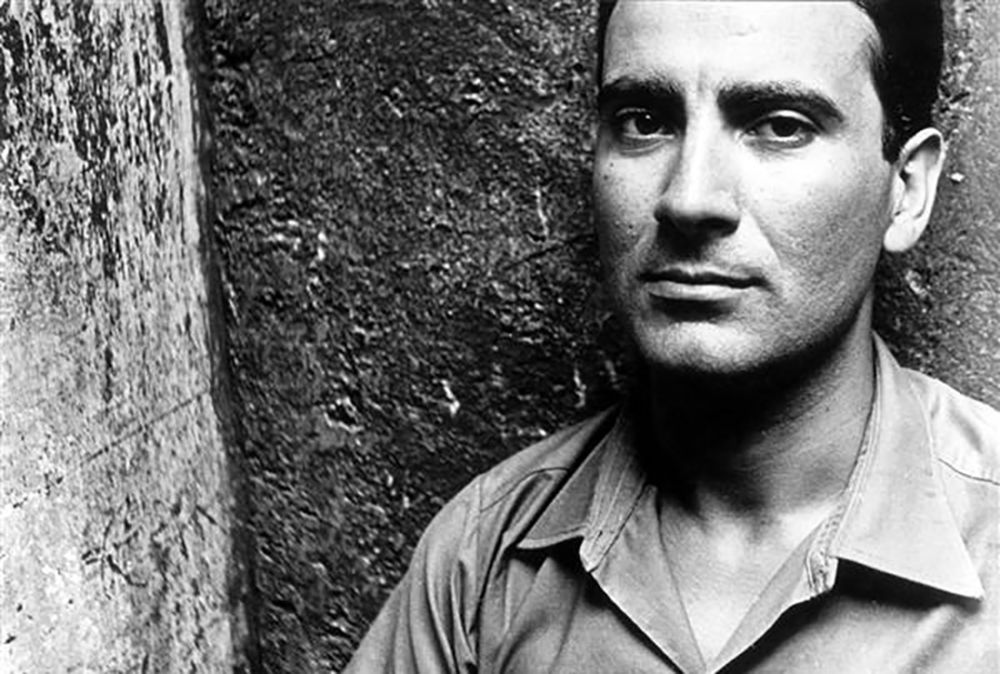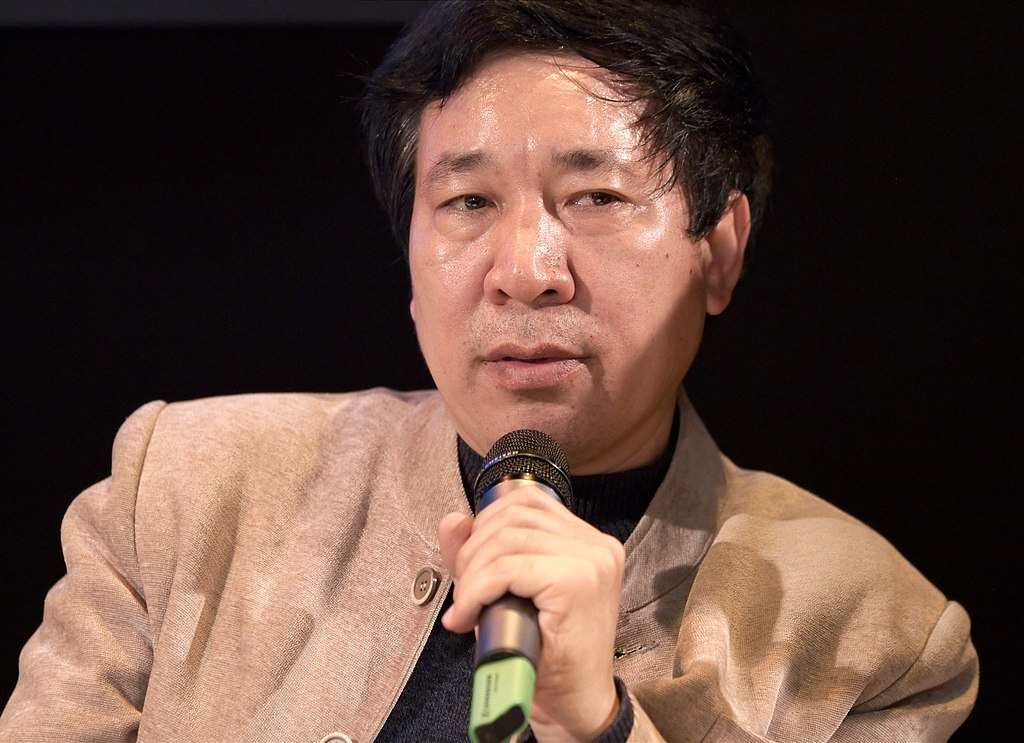Issue 113, Winter II 1989

Readers of Argentine writer Manuel Puig have come to expect certain constants from this highly versatile novelist: innovative narrative techniques, dark comedy, and a preoccupation with the effects of popular culture, particularly film, on the human spirit. He was born in 1932 in General Villegas, a small town on the Argentine pampas, and began studying English at the age of ten in order to better understand the American movies he saw every afternoon with his mother. In 1946 he went to Buenos Aires to an American boarding school and then to the University of Buenos Aires, where his interests expanded to include literature, psychology, and philosophy. But his primary ambition was to direct films. In 1955 he went to film school in Italy on a scholarship. The school proved to be a disappointment; he left Italy and traveled to Paris and London, working on screenplays and supporting himself as a language teacher and dishwasher. Puig then returned to the Americas, going first to Buenos Aires and later to New York, and began writing fiction. His first novel, Betrayed by Rita Hayworth, an autobiographical account of his provincial childhood, was published in Buenos Aires in 1968.
Over the next twenty years, Puig lived in Mexico City, Buenos Aires, New York and Rio de Janeiro and wrote seven more novels: Heartbreak Tango (1969); The Buenos Aires Affair(1973); The Kiss of the Spider Woman (1976); Pubis Angelical (1979); Eternal Curse on the Reader of These Pages (1980); Blood of Requited Love (1982); and Cae la noche tropical(1988), which has not been published yet in English. Puig's early passion for the movies is evident both in his narrative style, which relies heavily on dialogue, and in the lives of his characters, where the glamorous and idealized world of films serves as a counterpoint to their own disappointments.
Puig has lived very little of his adult life in Argentina, but all of his novels, with the exception of Blood of Required Love, are about Argentina or Argentines coping with exile. When we met in Puig's home in Rio de Janeiro, I was struck by his very Argentine manner: a grave courtesy and reserve that set him apart from the more free-wheeling Brazilians. He is slender, with a handsome, tanned face and expressive dark eyes. He doesn't care much for interviews, but he did agree to three meetings at six-month intervals. The first he agreed to on the condition that we confine it to a morning's conversation. The morning in question was a cool, rainy Saturday in May, 1988. We sat on comfortable sofas at one end of a pleasant living room with a polished tile floor, many plants, and a poster of Argentine tango idol Carlos Gardel on one whitewashed wall. The interview began somewhat formally in Spanish, and loosened up a bit when we switched to English. As we talked, I saw why it was that interviews exhausted him: he is attentive, thoroughly engaged, and careful about choosing precisely the word he wants, even in a foreign language. When he hits upon it, his face lights up.
INTERVIEWER
What is the difference between movie and book material?
MANUEL PUIG
In my experience, an epic story translates very well into film. Realistic novels—the kind made up of small details and constructed using a certain analytical approach—don't make good films. Films are synthesis. Everyday grayness, everyday realism is especially tough to translate to the screen. I remember discussing this once with a filmmaker, who said, “Yes, but look at the realistic films the Italians made, such as De Sica's Umberto D.” I disagreed. There's nothing of everyday grayness in Umberto D—it's about suicide, about deciding whether to kill yourself or not. It's an epic film disguised as an everyday realistic one. What I like to do in my novels is to show the complexity of everyday life; the subtexture of social tensions and the pressures behind each little act of ours. That's very difficult to put into film. I feel much more comfortable with films dealing with allegorical, larger-than-life characters and stylized situations.
INTERVIEWER
Is that why you liked American films of the 1940s?
PUIG
Sure. They were dreams, totally stylized—the perfect stuff of films because dreams allow you the possibility of a synthetic approach.
INTERVIEWER
Have you ever found that the dialogue of those 1940s films helped with fictional dialogue?
PUIG
I learned certain rules of storytelling from the films of that time. Mainly how to distribute the intrigue. But what interests me more about those films is examining the effect they had on people.
INTERVIEWER
On the people you grew up with?
PUIG
Well, yes—on my characters. My characters have all been affected by those cinematic dreams. In those days, movies were very important to people. They were their Mount Olympus. The stars were deities.
INTERVIEWER
Obviously you were intrigued by movies as a child. What about books?
PUIG
One of the very first books I read was André Gide's Pastoral Symphony. In 1947 he won the Nobel Prize. At the same time a film had been made of the novel, so he had come into the territory of my immediate interest, which was, of course, film. I read the novel and was immensely impressed. Soon after, I remember being impressed by Faulkner's The Wild Palms. Such contrasting authors—Gide all measure and economy, and Faulkner sprawling all over the place.
INTERVIEWER
Did you read The Wild Palms in English?
PUIG
No, I read Borges's Spanish translation, which is a beautiful work. I read Faulkner's other books in English. I never went back to The Wild Palms, but for me it's always an example of intuitive writing.
INTERVIEWER
So a writer's imagination is either calculated or intuitive?
PUIG
It goes from one extreme to the other. In between you have all these shadings. I have trouble reading fiction these days. So I've lost that immense realm of pleasure. Thank God I still enjoy movies and plays.
INTERVIEWER
You mean you don't read any fiction now?
PUIG
Writing has spoiled the pleasure of reading for me, because I can't read innocently. If you are an innocent reader, you accept the fantasy of others; you accept their style. These days another writer's problems of style immediately recall my own stylistic problems. If I read fiction, I'm working; I'm not relaxing. My only sector of interest now is biographies. Those I read with great relish, because the facts are real and there is no pretense of style.




